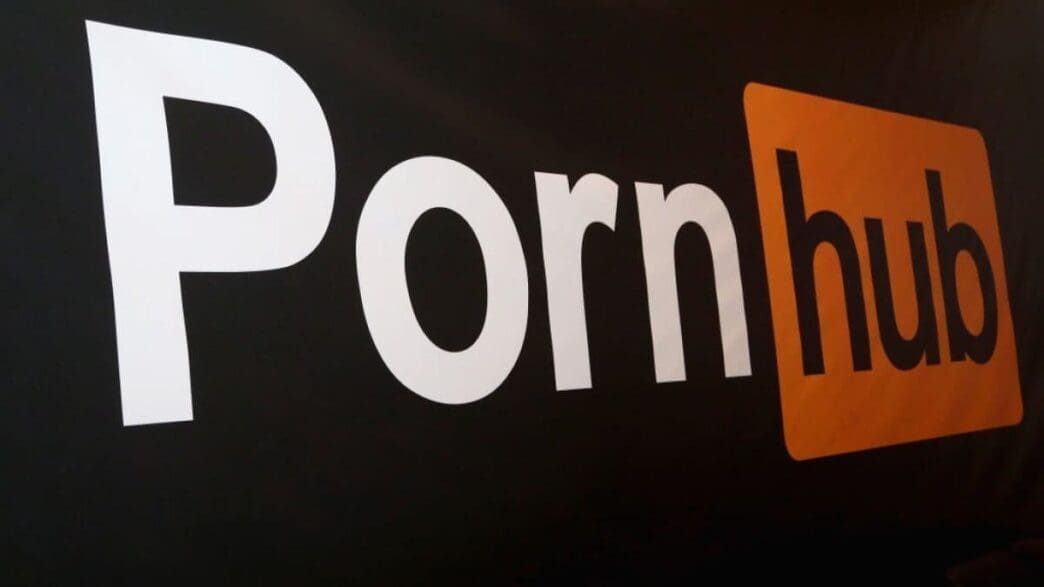Beginning January 1, residents of Florida will find themselves unable to access Pornhub due to a new age verification law. This legislation, known as HB 3, mandates that websites featuring adult content must verify that all visitors are at least 18 years old.
Pornhub, a popular site known for its adult content, has already enforced similar blocks in 12 states, including Texas and Virginia. The action comes as a direct response to laws aimed at enhancing online protections for minors. Despite the seemingly straightforward goal of shielding younger audiences, these regulations have sparked significant debate about privacy and security.
The Free Speech Coalition, representing the adult entertainment industry, has filed a federal lawsuit against the law, highlighting concerns about the privacy risks associated with age verification. Mike Stabile, the coalition’s public policy director, commented on the potential dangers of the verification process, emphasizing that submitting personal identification online is inherently risky: “When you’re uploading an ID or when you’re doing this type of verification, nothing is ever secure. You are asking people who are legal adults to risk their privacy and risk possible surveillance to access the internet.”
Advocates of the Florida law argue that these privacy concerns have been addressed. Ian Corby from the Age Verification Providers Association insists the law requires anonymous verification to protect user identities. Corby stated, “The Florida law includes, explicitly, a requirement for anonymous age verification done by a third-party. Our entire industry was created to prove your age online and not have to disclose your identity.”
Meanwhile, Aylo, Pornhub’s parent company, supports age verification but criticizes the way Florida and other jurisdictions are implementing these laws. Aylo contends that the current methods of verifying age are “ineffective, haphazard, and dangerous,” potentially compromising user safety by collecting sensitive information. They express concerns that without proper enforcement, users may turn to non-compliant sites that ignore the law, posing further risks.
Reflecting on the situation in Louisiana, where similar age verification laws were enacted, Aylo noted an 80% drop in site traffic, not because users stopped seeking adult content, but because they turned to less regulated corners of the internet. Aylo advocates for device-based age verification as a more secure and effective solution, citing existing technology and parental controls as viable options.
The debate over age verification laws highlights the complex balance between protecting minors online and safeguarding user privacy. As Florida moves forward with enforcing HB 3, the outcome may well influence similar legislation across the country. The discussion between safeguarding children and maintaining user privacy continues to evolve, requiring careful consideration and collaboration among all stakeholders.
Source: Nbcmiami





